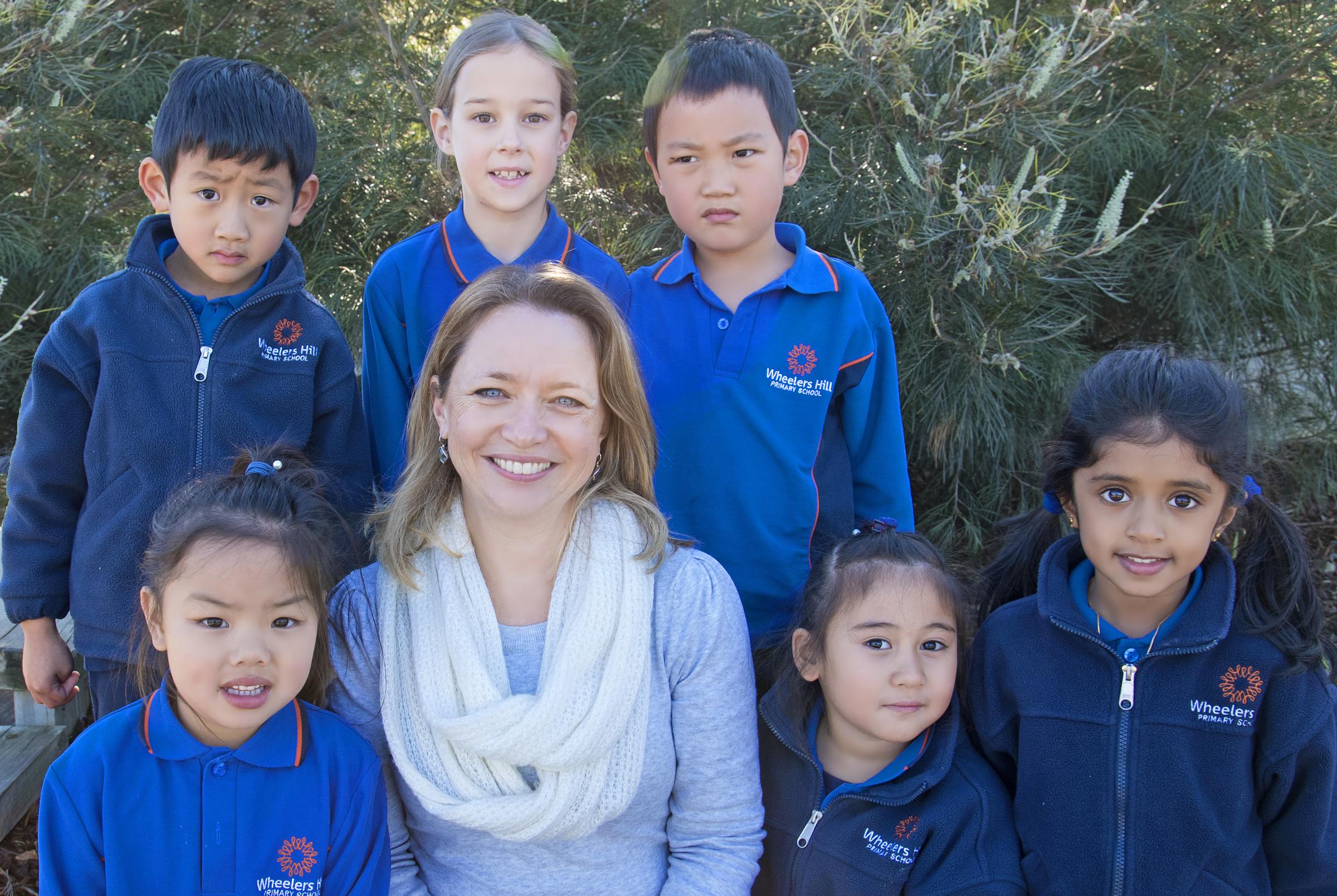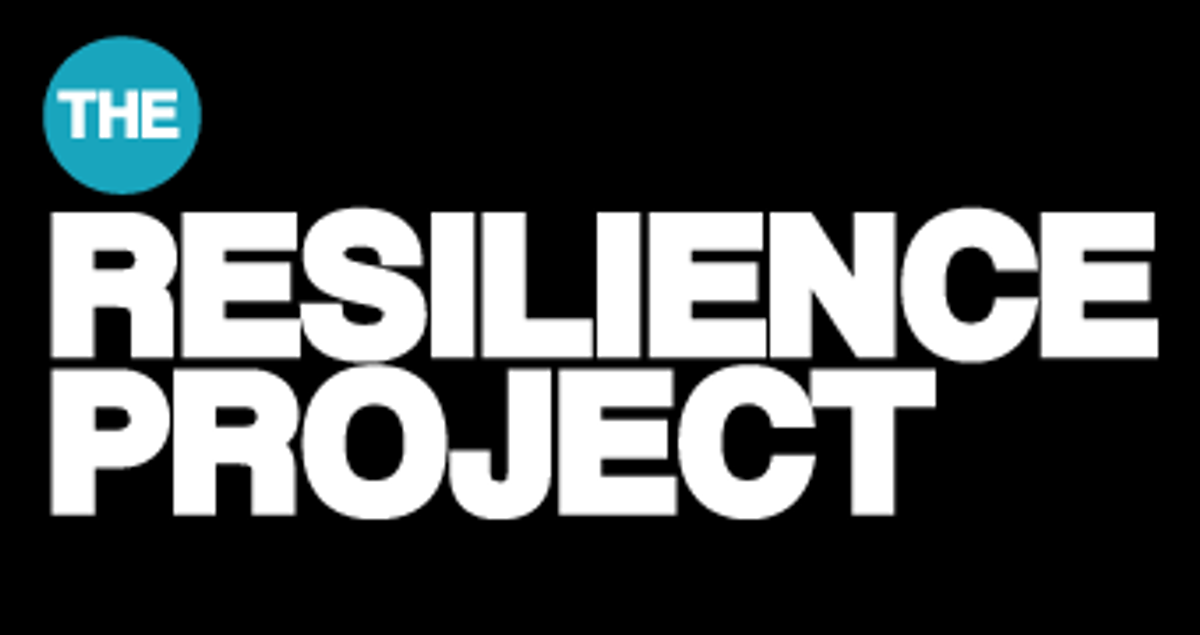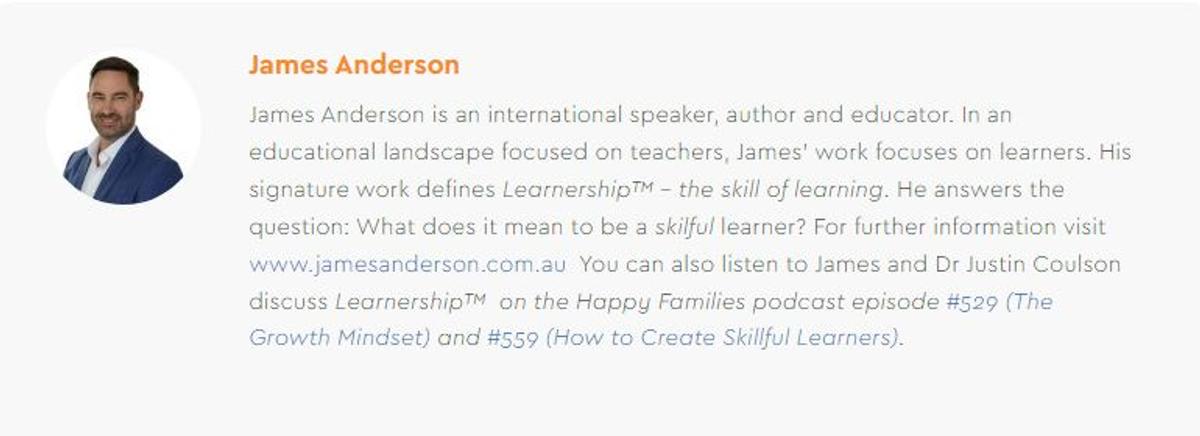Assistant Principal's Report Katrina Spicer - Wellbeing

18th November 2022
PARENTING IN THE DIGITAL WORLD - ONLINE INFORMATION SESSION
At Wheelers Hill Primary School, we understand that technology has completely transformed how you and your children communicate, work and play. We know that, for parents, this means that your child(ren) now lives in a fast-changing and increasingly connected world which makes it difficult to be aware of popular apps and trends. Given your child(ren) will inevitably be exposed to more devices and applications as they grow, it is important that you fully understand and appreciate the potential benefits and risks of these changing technologies.
At 7:00PM-8:00PM on November 24th, The Alannah and Madeline Foundation will be hosting an online session called Parenting in the Digital World which includes question and answer time. Parenting in the digital world provides insight into the online worlds of young people including the latest trends, risks, and research, and includes a strong focus on social media. It also offers advice parents can use to help manage a child’s life online.
There will be no cost for this event.
If you wish to attend, please register at https://www.trybooking.com/CDKJT.
The Resilience Project (TRP) curriculum forms an essential part of our Wellbeing Program here at WHPS. TRP focuses on teaching students the importance of Gratitude, Empathy and Mindfulness (GEM) as well as Emotional Literacy, to improve and sustain wellbeing. In this week's newsletter, we learn about Mindfulness.
MINDFULNESS
There is a lot of talk about mindfulness these days. We can purchase ‘mindful colouring’ books at the local shops, we are often told to be ‘mindful’, and we hear a lot about people ‘practicing mindfulness’. But what is it, exactly? This article from reachout.com might help you to understand.
All hype aside, ‘mindfulness’ simply means paying attention to the present moment. Practising mindfulness can help you to cope with everyday life and deal with tough times. It can also help you to concentrate, relax and be more productive.
Here are some different ways you can build mindfulness, plus tips on what to do if you’re finding it hard.
Focus only on the present moment.
You can develop mindfulness during regular activities such as when walking, driving or even brushing your teeth. The key is to try and focus only on the present moment and not pay too much attention to your thoughts about the past or the future.
Ask yourself what is happening for you right now. Is your breathing slow or fast? Are you tired? Are you hungry? How do you feel?
Concentrate on what’s happening around you.
When you concentrate on what’s happening around you, you’re less likely to get caught up in your thoughts. Ask yourself whether you feel hot or cold. What does the air feel like on your face? What sounds can you hear? What can you smell?
Try not to be judgemental about anything you notice.
This is tricky to do, but try not to label things as ‘good’ or ‘bad’. Just notice things and let them be. For example, instead of labelling a particular smell as ‘bad’, just notice it without judging it.
Try mindful meditation.
If you’re ready to go a little deeper into developing your mindfulness, consider mindful meditation. To do this, sit quietly with your eyes closed and focus on your breath, or on a word or phrase that you repeat quietly. Allow your thoughts to come and go, and try not to follow them. When your mind starts to wander, gently lead it back to your breathing, or to the word or phrase you’ve chosen.
You can practise mindful meditation by yourself, or you can use an app (such as Headspace or Smiling Mind) if you want some guidance. If you find your mind wandering, it doesn’t mean you’re doing anything wrong. It just means you have a normal human mind!
Practise mindful breathing
Take a few extra minutes to focus on your breathing. You can do this with your eyes closed ore open. What does your breathing feel like? What does it sound like? Where do you first feel the breath in your body?
What if I’m finding it hard?
Becoming more mindful involves training your brain, so, like most things you learn, it can take time.
Remember:
- Don’t expect to be able to hold your focus for very long, especially when you’re just getting started.
- It’s completely normal for your thoughts to wander.
- The goal isn’t for you to have a totally ‘blank’ mind; it’s more about noticing and gently guiding your mind back when your thoughts do wander.
- The more you practise mindfulness, the better you’ll become at it.
- If you’re struggling with a particular strategy, try a different one. Every person is different, and you may find some strategies easier than others.
Five ways to be mindful without meditating
There’s a lot of evidence that mindfulness can help you to be more aware of yourself and your environment, cope better with stress, anxiety and depression, focus your concentration and relax more.
1. Wash the dishes (Yes, really!)
When you wash the dishes after dinner, do you usually think about everything you still have to do before you can finally relax? Instead, could you try focusing only on washing the dishes? Start by listening to the sink fill up with water. Feel the warm water on your hands, and smell the dishwashing liquid. When you notice your mind wandering (and it will!), bring your attention back to your senses. What can you see/hear/smell/feel? If you just can’t get on board with dishes, read on…
2. Write a ‘thank you’ list
Is ‘gratitude’ another one of those words that make you squirm? If so, think of it as a ‘thank you’ list. Writing a thank you list is one way to slow down and appreciate the small (and big) things in your life. It doesn’t need to be massively long; you could just write down three things you’re thankful for. Maybe it’s the delicious coffee you had this morning, the support and love you get from your friends, or your courage in speaking up for yourself the other day.
Make it your missions to write three things in a thank you not every day.
3. Have a quick stretch
Sometimes, we get so caught up in our thoughts that we forget everything else. But when we take a moment to focus on our body, such as by doing some stretching exercises, it gives us a break from our headspace.
4. Eat a snack
You’re probably wondering how eating a snack can be mindful, right? The best place to start is by focusing on what you’re eating, rather than on your thoughts (or the Netflix show you’re watching). So, instead of mindlessly eating that bag of popcorn and then wondering where it all went, take your time and pay attention to every mouthful. Notice the delicious taste as you chew the food, feel the textures, savour the aroma. It helps to put down your phone while you eat, too.
5. Make a cup of tea
Who doesn’t love a good cuppa? Brewing and enjoying a cup of tea is another great way of getting in touch with your senses. You might usually make a cup of tea without even thinking about it. Instead of just going through the motions, pay attention to each thing you do in order to make the tea.
While you might not have harvested and dried the tea leaves yourself, you can appreciate that someone, somewhere, has done this. Then there’s the action of putting the tea bags or leaves into a cup or teapot, adding the boiling water and letting it brew. Once you’ve gone through all the steps of making it, hold the cup in your hands and feel the warmth. Enjoy the sensation of taking a moment out of your day to make and enjoy a simple cuppa.
Katrina Spicer
Assistant Principal - Wellbeing
katrina.spicer@education.vic.gov.au
Mind Your Language. How What You Say Creates Your Child’s Mindset.
By James Anderson
One of the big ideas in education over the past 10 years has been Professor Carol Dweck’s work on Growth Mindset. However, despite (or perhaps because of) they hype, much of Dweck’s work has been misunderstood or misapplied. Too often we’ve tried to teach about growth mindset, instead of teaching for a growth mindset. Importantly, the role parents play in helping develop a growth mindset in their child has been largely overlooked.
In this article I share a simple way you can help your child develop a more growth-oriented mindset.
About mindsets
Your child’s mindset is how they view their most basic abilities, like their talents and intelligence, and it has a profound impact on their learning.
A child with a fixed mindset believes they are fundamentally limited. Who they are today, is pretty much who they’ll be in the future. For them, school and learning is a way to discover those abilities. They’ll ask if they are musical, or how smart they are. For these children, school becomes one long test to discover the answers to these questions.
A child with a growth mindset understands they have the capacity to develop their abilities. For them learning becomes a vehicle for creating and developing those abilities. You’ll hear this child say things like “I want to become really good at maths, so I’m going to work hard to make that happen.”
Why parents matter
Contrary to what social media might say, you can’t just tell your child to have a growth mindset. Their mindset is rooted in a lifetime of experiences.
As parents we play an important role in creating the experiences that develop our child’s mindset. What we repeatedly say, value and reward all shape our child’s mindset. And I should know because I got it wrong.
What I did wrong
When my daughter was young, I encouraged her to try lots of different activities. She tried music, art, gymnastics, singing, the Maths Olympics. You name it, we tried it. And that’s a fundamentally good thing.
The problem wasn’t what I was doing. It was the messages I attached to it. Sometimes when she wasn’t keen to try a new activity, I’d say something like "Come on sweetheart, give it a go. You never know, you might be good at it!"
Can you hear the fixed message in there? "You might (already) be good at it."
I turned trying something new into a test to find out if she was good at it. I promised her the possibility of instant success. To make things worse, if she didn’t have instant success, I’d often console her with something like ‘Well, don’t worry. You can’t be good at everything.’
In other words, she’d failed that test. Now it was on to the next test to see if she was good at that instead. The unintended lesson: If you’re not immediately good, give up.
Why did I do that?
If you just had an ‘ouch’ moment, you’re not alone. Parents say these types of things all the time. We say them out of love, and with the best of intentions.
When we see our child upset or struggling, our natural reaction is to want to protect them from that discomfort. But what I did was to provide my daughter with an excuse for struggle by saying "you’re not that type of person."
Perhaps you’ve provided your child with a similar excuse by saying something similar like "I was never good at that either." The underlying message being "we aren’t the right type of person to be good at that – we don’t have those abilities."
A nudge in the right direction
To help us be better parents and nurture a more growth-oriented mindset in our children, we need a little nudge. A reminder that helps us counter any unconscious bias and ensure we create more growth-oriented messages for our children.
I’ve created lots of those nudges, for all types of situations. The one relevant to this situation is to remember that "Learning is about creating, not discovering."
Learning is about creating, not discovering
In the context of trying new things, this nudge reminds us that we’re not trying to find out if my daughter has those abilities. We’re trying to decide if she wants to develop those abilities. So, now I might say:
"Darling, getting good at something takes time and the righty type of effort. You need to decide if this is something you’re prepared to invest the time and effort into getting good at."
The nudge helps us repeat this message over and over, slowly creating a more growth-oriented mindset. They become more empowered and see life as being in their control. They recognise they can become whoever they want, or need, to become.
It’s like George Bernard Shaw said, "Life is not about finding yourself, it’s about creating yourself."
Follow this link to the 'Support for Parents and Families' page on our school website.
https://www.wheelershillps.vic.edu.au/support-for-families
Below is a list of support agencies and links to their websites
Kids Helpline | 1800 55 1800 | visit website
Beyondblue | 1300 22 4636 | visit website
Headspace | visit website
BiteBack | visit website
Headspace | COVID specific resources | visit website
Brave online | free online anxiety program | visit website





